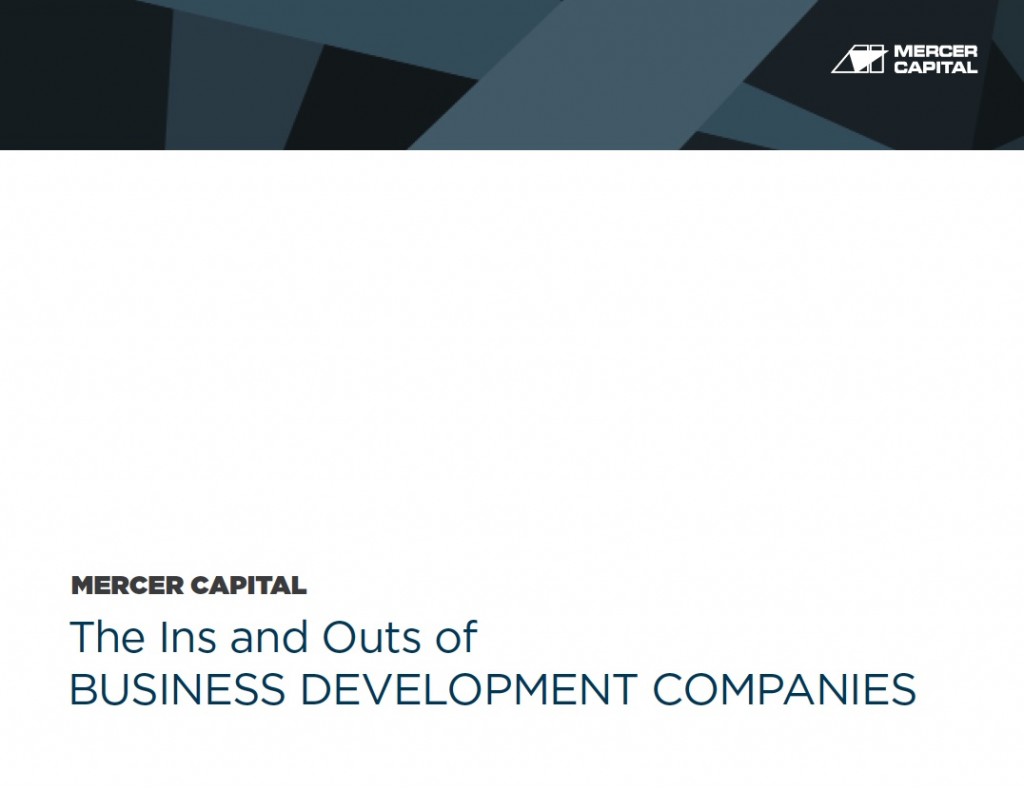With more than 35 public registrants reporting nearly $40 billion of assets under management, business development companies, or BDCs, are increasingly important financial intermediaries, matching a wide variety of businesses needing capital with yield-hungry investors eager to provide it.
Compared to private equity funds, BDCs have historically garnered less media and investor awareness, although the persistent low yield environment has helped to raise the profile of BDCs. Like private equity funds, BDCs invest in a portfolio of generally illiquid securities of privately held companies. Unlike private equity funds, which are structured as finite-lived investment partnerships, BDCs are publicly traded vehicles accessible to retail investors, providing permanent capital for investment. As long as certain distribution requirements are met, BDCs are not subject to income tax. Like any other publicly traded company, a BDC must file quarterly and annual reports with the SEC. These reports provide a window into the trends and economic factors influencing the broader universe of investors providing debt and equity capital to middle market companies.
The purpose of this whitepaper is to review the principal financial statement components of BDCs with a view to clarifying the factors that are most likely to influence financial performance.


